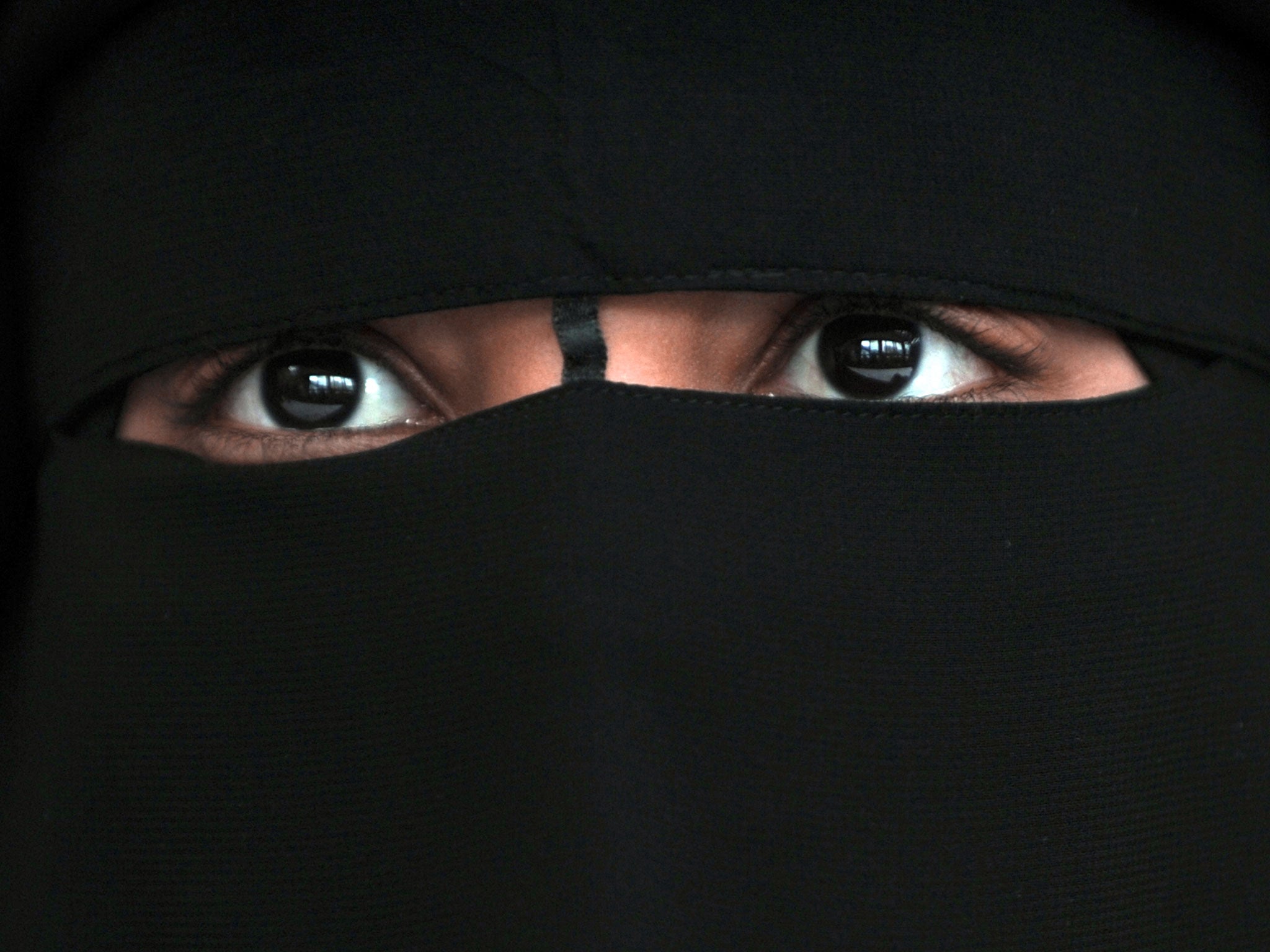Women who wear religious veils in court must be respected, says UK's most senior judge
Lord Neuberger said judges must appreciate cultural differences

Your support helps us to tell the story
From reproductive rights to climate change to Big Tech, The Independent is on the ground when the story is developing. Whether it's investigating the financials of Elon Musk's pro-Trump PAC or producing our latest documentary, 'The A Word', which shines a light on the American women fighting for reproductive rights, we know how important it is to parse out the facts from the messaging.
At such a critical moment in US history, we need reporters on the ground. Your donation allows us to keep sending journalists to speak to both sides of the story.
The Independent is trusted by Americans across the entire political spectrum. And unlike many other quality news outlets, we choose not to lock Americans out of our reporting and analysis with paywalls. We believe quality journalism should be available to everyone, paid for by those who can afford it.
Your support makes all the difference.Women who choose to wear religious veils in court must be shown respect, the country’s most senior judge has said.
Lord Neuberger, the president of the Supreme Court, said that in order to show fairness to those involved in trials, judges must have “an understanding of different cultural and social habits”.
In a speech to the Criminal Justice Alliance on fairness in courts, he added: "Well known examples include how some religions consider it inappropriate to take the oath, how some people consider it rude to look other people in the eye, how some women find it inappropriate to appear in public with their face uncovered, and how some people deem it inappropriate to confront others or to be confronted - for instance with an outright denial."
His comments come after a judge last year upheld a ruling allowing Rebekah Dawson, a Muslim woman, to stand trial wearing a niqab – a veil which only leaves the eyes visible.
However, she waived her right to give evidence in her defence, after it was ruled that she would have to remove the niqab, which made only her eyes visible, if she took the stand.
In his wide-ranging speech, Lord Neuberger went on to argue that judges and lawyers should always keep in mind how "intimidating" the court process can be for those involved in trials, including ”"the parties, their families, the victims, the witnesses and the jurors".
Addressing the issue of legal aid cuts, he said it is more important than even that all parties involved in a case understand how courts operate, because "people are having to choose between representing themselves or not getting justice at all".
The Lord also acknowledged that judges generally come from privileged backgrounds, and warned against allowing subconscious prejudice to influence rulings.
A judge must “always think to himself what his subconscious may be thinking or how it may be causing him to act; and he should always remember how things may look to the defendant, and indeed to the jury and to the public generally," he said.
His comments are in marked contrast to those of Britain's most senior female judge and deputy president of the Supreme Court. Last year, Baroness Hale told the Evening Standard that women in veils should be compelled to show their faces when giving evidence, and there "must come a point" at which judges insist veils are lifted.